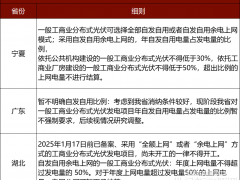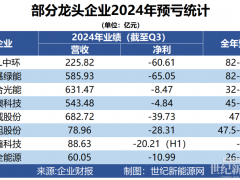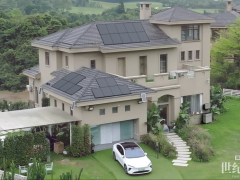新西兰奥塔哥大学的科学家们得到科研协会的巨款资助来研究下一代太阳能电子材料。
吉斯.金教授和他的科研团队将在三年内得到793533新西兰元(约400万人民币)资助,来从事他们独特的可自我修复的生物电子材料研究。该团队的研究目的是为太阳能领域开发一种新型的下一代生物光伏材料(OPV)。
OPV科技是以塑料为基础的材料,因此在成本上会比传统的硅基光伏电池要便宜的多。但是目前该技术实用性并不大,主要障碍因素在于,因为现存的材料很容易产生衰减因此导致电池的运作周期较短。
但是该团队通过与资助企业的协助,目前正在寻找新的自我修复型电子材料想借以克服现存的衰减状况以及其他的不利因素。
Professor Keith Gordon and his team will receive NZD$793,533 over three years for a project to develop a unique class of organic electronic materials that can repair themselves. The team’s initial target is to develop next-generation organic photovoltaics (OPV) for solar power.
OPV is a plastic-based technology that offers much cheaper energy generation than conventional silicon-based photovoltaics, says the university. The practicality of OPVs is currently hampered by factors that include limited operational lifetimes due to existing materials being prone to degrading.
Working with industry partners, the team will develop a new class of self-repairing OPV materials that overcome this and other disadvantages of the technology.
 微信客服
微信客服 微信公众号
微信公众号









0 条